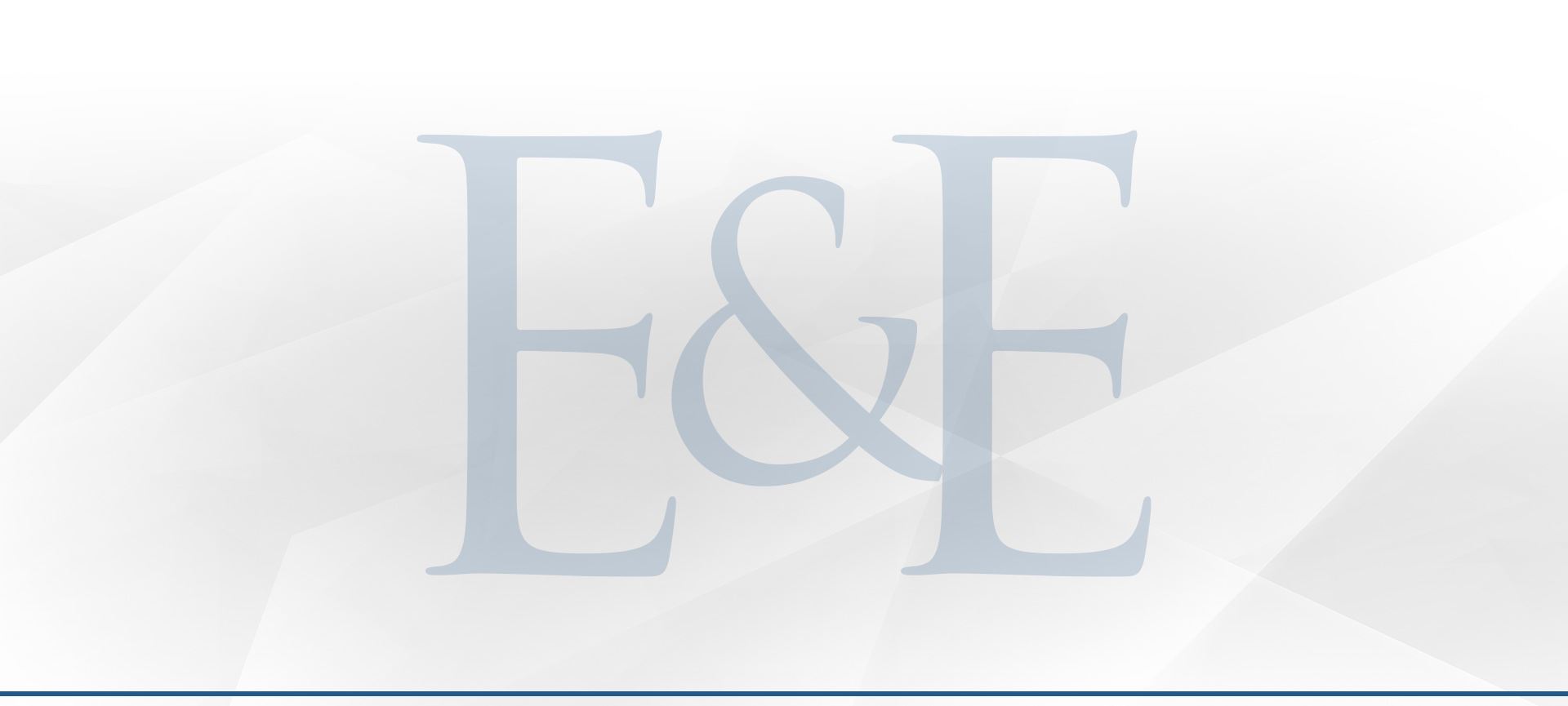Different Types of Releases of Liability
Sometimes businesses like hospitals, fitness clubs, and child daycare centers have their customers sign liability waivers, releases, or agreements before offering services. These documents are not always valid or enforceable, and they are typically written by lawyers to deter consumers and parents from bringing valid claims before incidents even occur. These types of documents are different from liability releases or settlement agreements that are signed after a personal injury or wrongful death in exchange for compensation. Regardless of the circumstances, it is always a good idea to have an attorney review anything you sign that affects your rights. That way, you can make the best decisions for yourself and your loved ones.
Future Liability Releases
Paperwork is a regular part of business, and consumers are asked to sign documents before receiving goods and services every day. Many times, the agreements simply lay out the risks associated with the activity or product. Informed consent forms or assumption of the risk documents can be an effective form of communication between businesses and consumers. However, there is a difference between risks that are inherent in an activity versus additional risks caused by negligence or gross negligence. If you are asked to sign a liability release in advance, it is important to understand the consequences of doing so. That’s why it is always a good idea to talk with a lawyer before signing documents that affect your rights.
However, if you have already signed something, that does not necessarily mean you have no claim in the event of injury or death. Many liability releases have been found void as against public policy or public interest. For example, a California Court of Appeal found that “a release of claims that purports to exculpate a child care provider from its own negligence is void as against public policy.” That decision was based on a California Supreme Court case that held, “an agreement between a hospital and an entering patient affects the public interest and that, in consequence, the exculpatory provision included within it must be invalid.” Although some releases for future negligence have been upheld in sports or recreational activities, the California Supreme Court recently held, “an agreement made in the context of sports or recreational programs or services, purporting to release liability for future gross negligence, generally is unenforceable as a matter of public policy.” Therefore, just because you signed a document, does not mean you are precluded from bringing a claim.
Settlement Releases for Compensation
If you have already received compensation for your personal injury or a loved one’s wrongful death, then you probably signed a settlement release or general release of liability. These settlement agreements are typically enforceable if they contain the required legal language. In general, a settlement agreement is a promise to resolve a claim for compensation outside of court. What that means is that if you accept money from an insurance company and sign a release, you probably will not be able to file a lawsuit against the at-fault person or business that had the insurance. However, California law has certain requirements for these types of legal documents that must be followed for the release to be valid. Whether you are being asked to sign a document for future liability or a past injury or death, it is always a good idea to have an attorney review anything you sign that affects your rights.
Effres & Effres is here to help when another person’s negligence contributes to your injury or a loved one’s wrongful death. Call (818) 222-9720 today to discuss your legal options.

